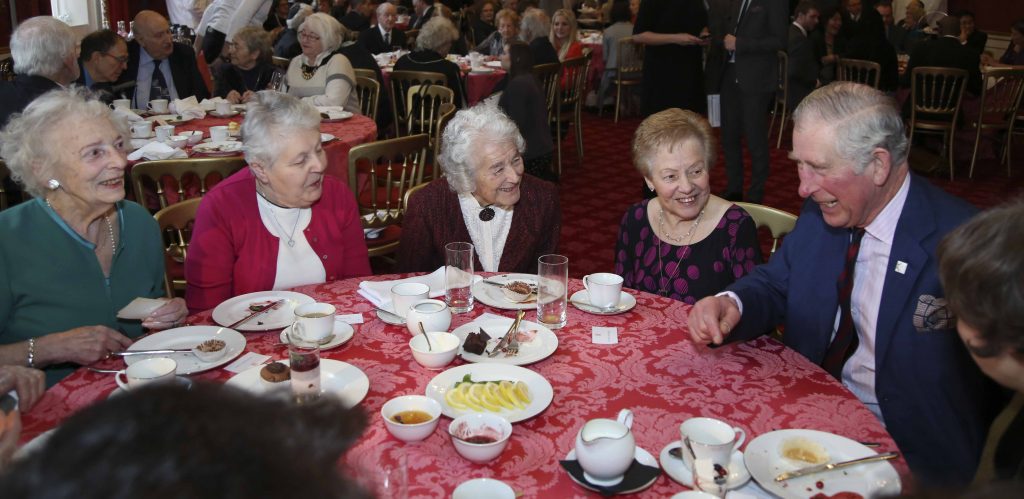Today
The Holocaust was a tragically defining episode of the 20th Century, a crisis for European civilisation and a universal catastrophe for humanity. It shook the foundations of modern civilisation and its unprecedented character and horror will always hold universal meaning.
Since the end of World War Two the enormity of the Holocaust has been recognised, and it has helped catalyse international vigilance against genocide, and the behaviour and crimes which can lead to it.
The Holocaust destroyed the centuries-old Jewish communities and cultures of central and eastern Europe. Some of the largest Jewish populations in the world, including those in Poland, Belarus, western Ukraine, Hungary, the Czech Republic, Slovakia, Lithuania, and Greece were wiped out. Previously well-integrated and highly-educated Jewish communities in Germany, the Netherlands and Austria were largely destroyed. Around 5 million Yiddish speakers were murdered, causing a massive decline in the use of the language. Most of the central and eastern European Jews who survived had no desire to stay in the continent where these atrocities had been committed, and emigrated to Israel or the Americas.
The Jewish refugees and the camp survivors who reached Britain had to adapt to a new country, ravaged by wartime austerity, where people were largely unsympathetic to their stories. Most survivors got on with life, and settled down, choosing not to speak about their horrific experiences. Some completed education while others began their schooling in a new language. They mastered trades and professions, and embarked on productive working lives. They married and raised families. Many maintained their religious affiliations and cherished memories of a culture that was now in ruins.

(L-R) Henrietta Franks, Jill Pivnic, Judith Kerr OBE, Marie Obuchowski and His Royal Highness at a special reception for survivors at St James’ Palace
As time has passed, awareness and education about the Holocaust has improved in the UK and elsewhere. As many survivors of the Holocaust have got older, having retired from work and brought up their families, they have begun to share their stories. Many survivors now work tirelessly volunteering in schools and museums to speak about their experiences.